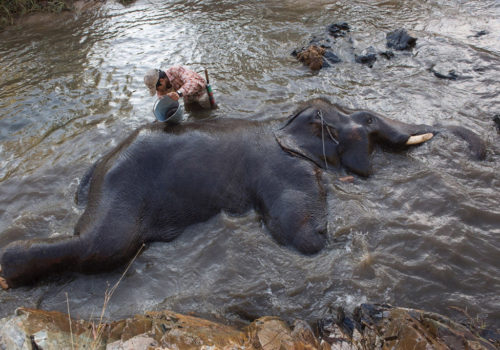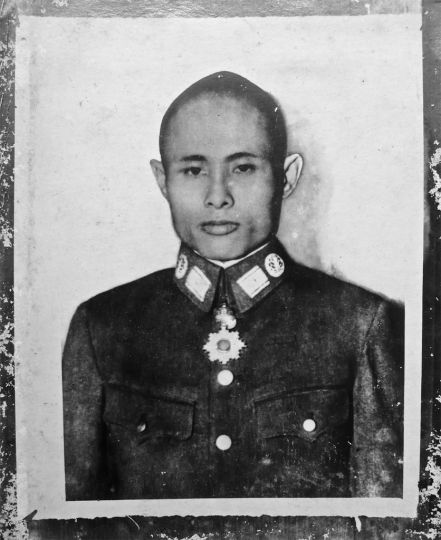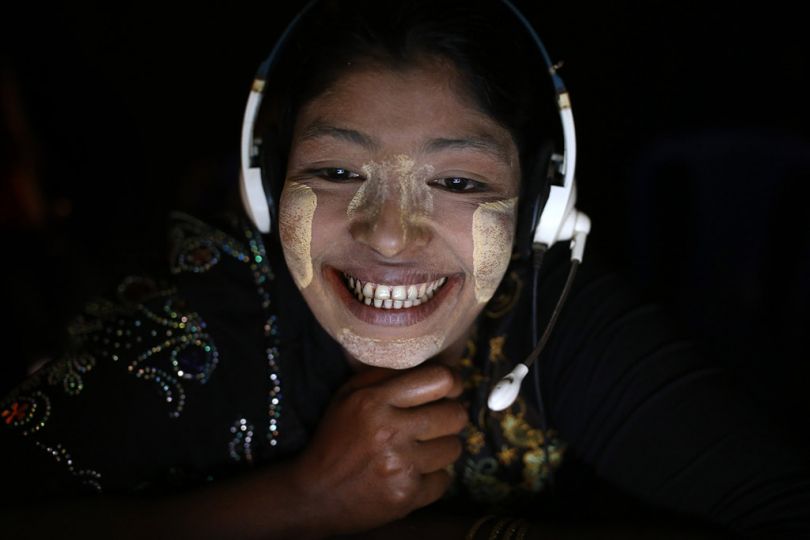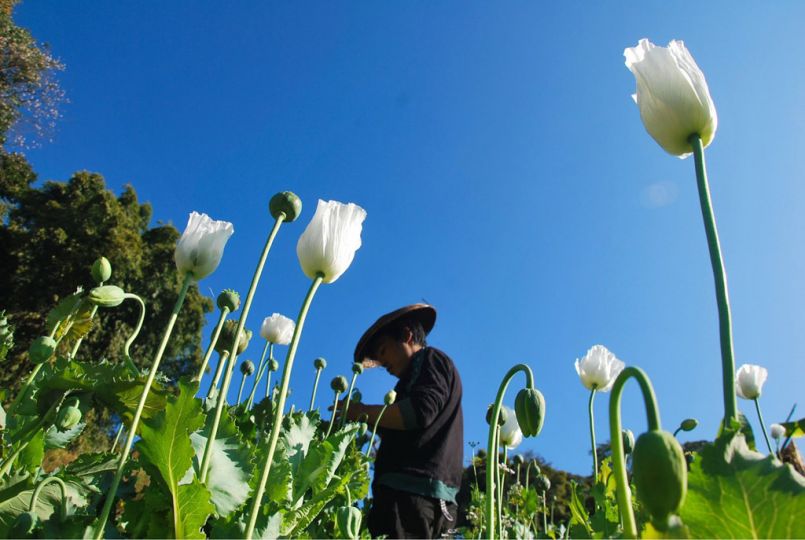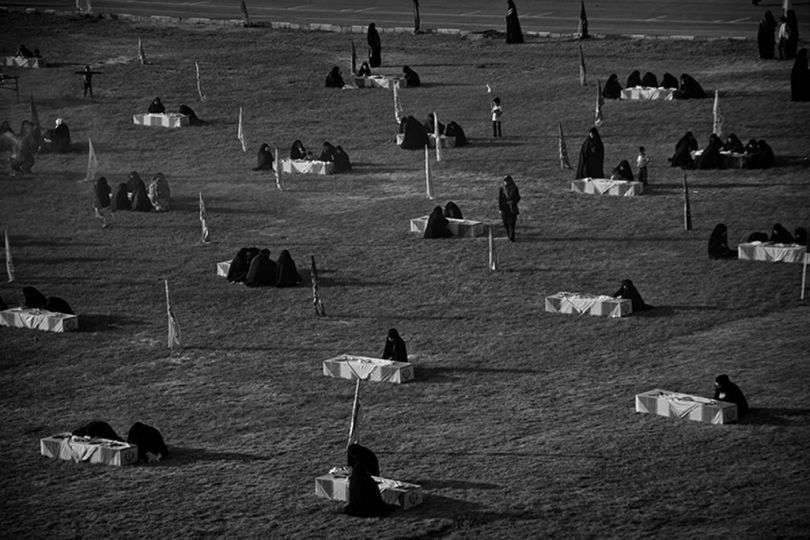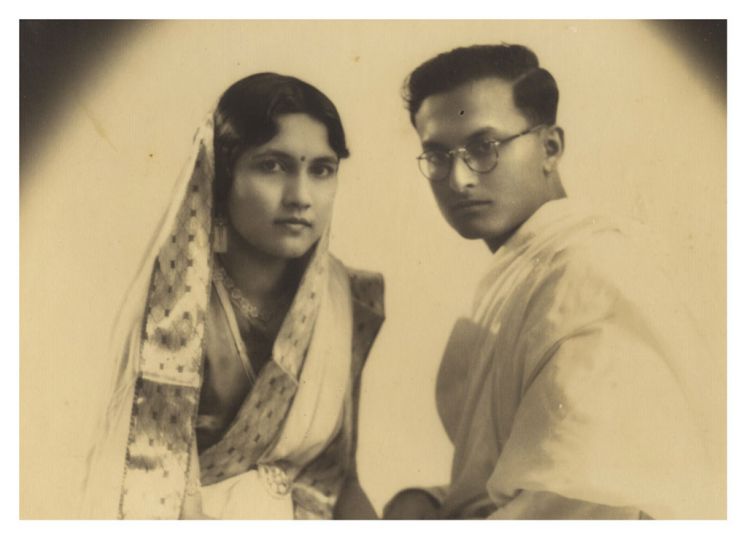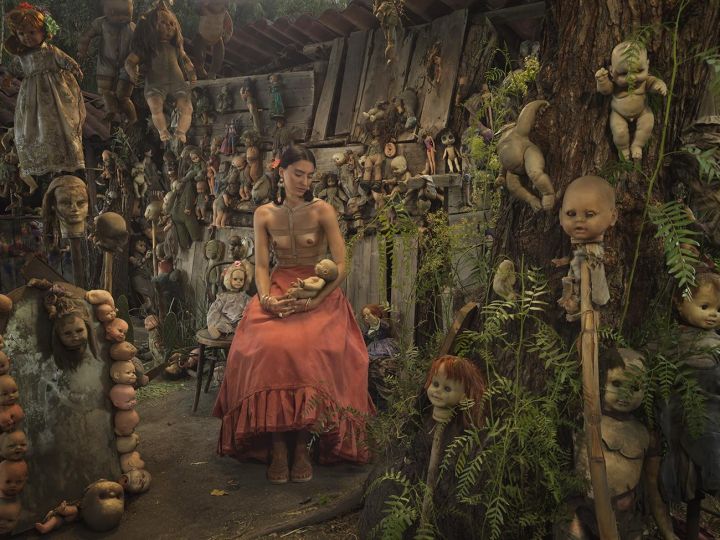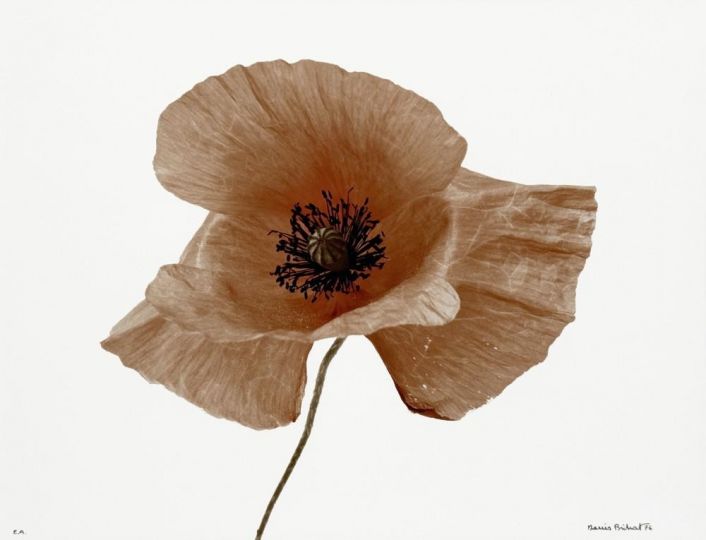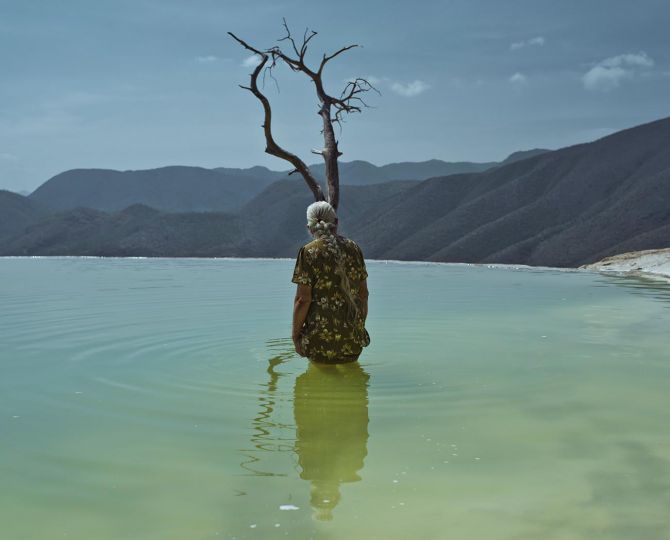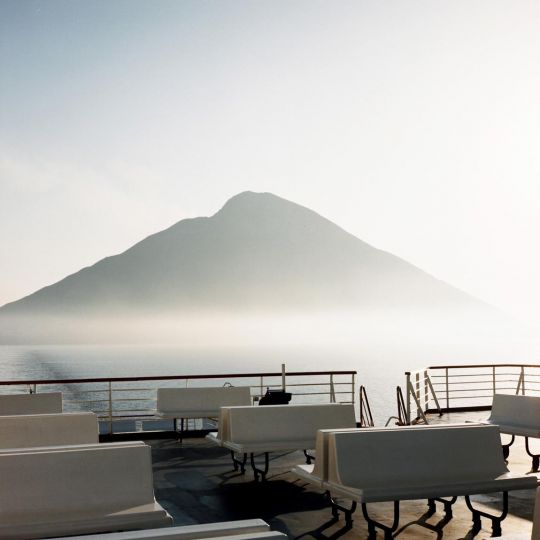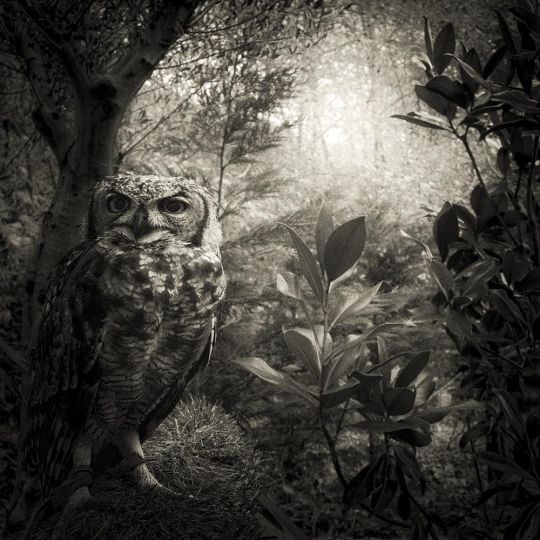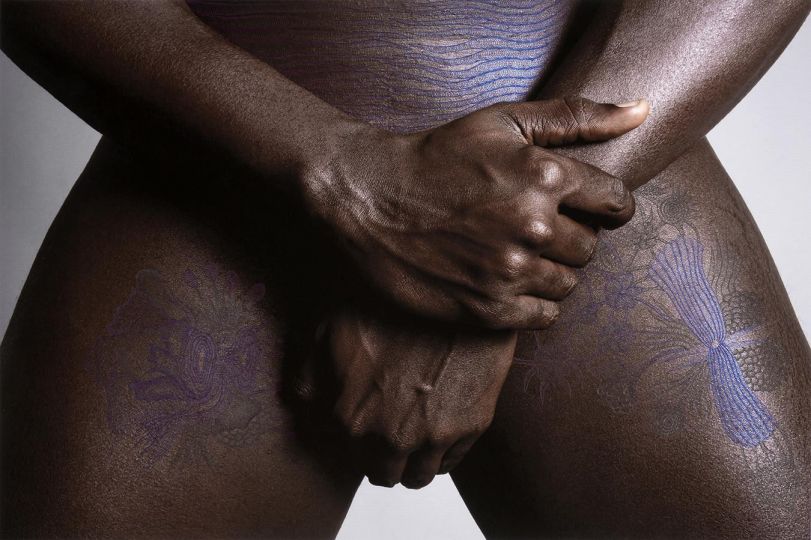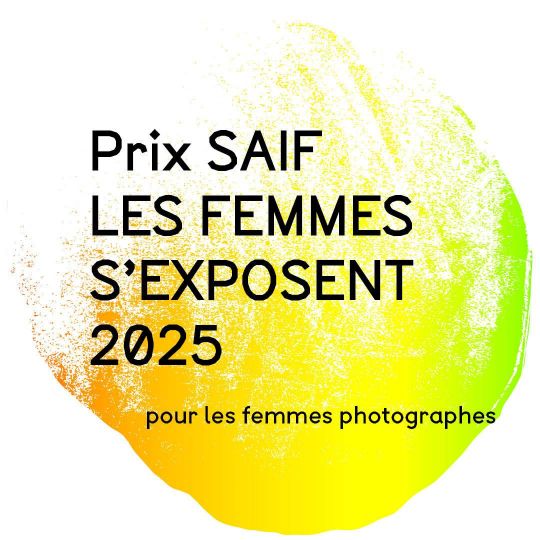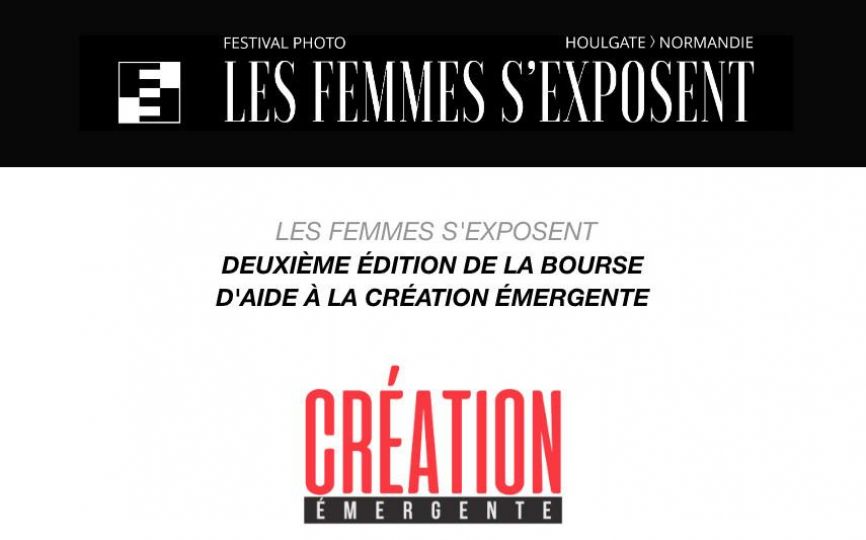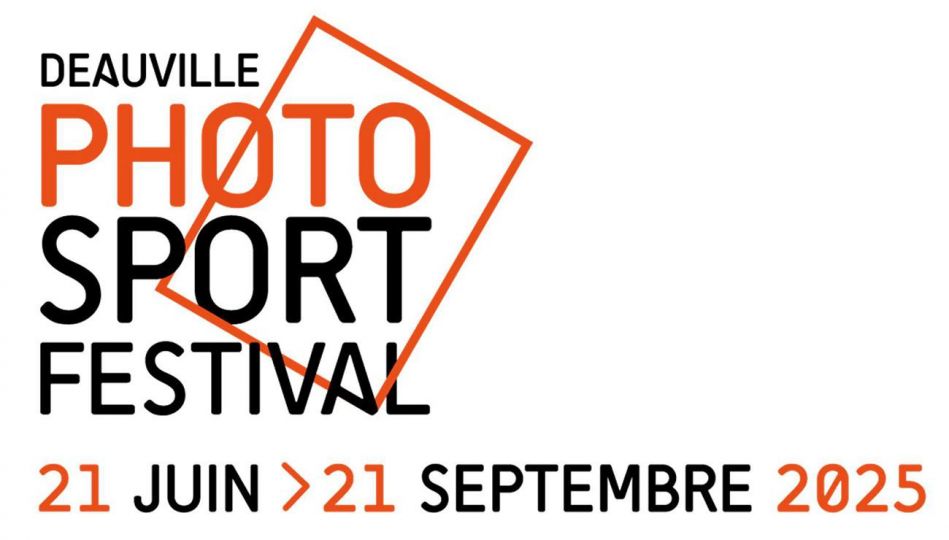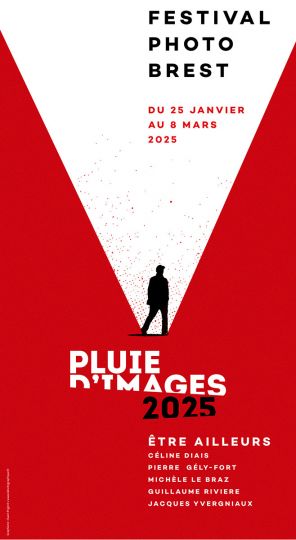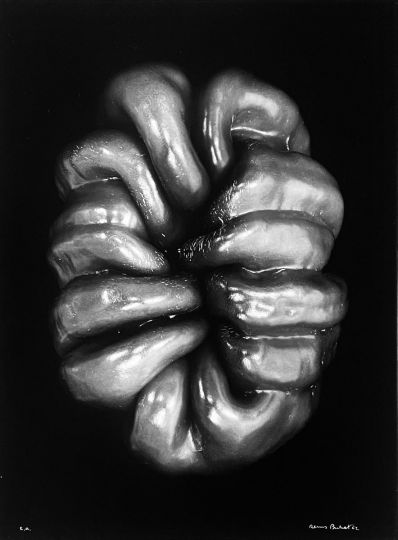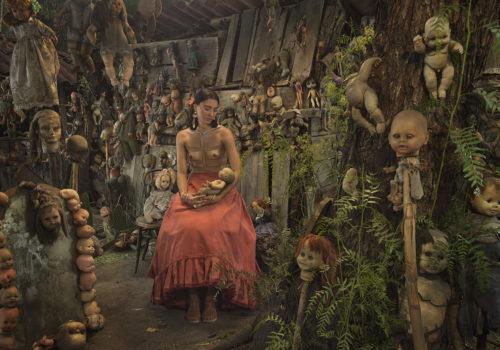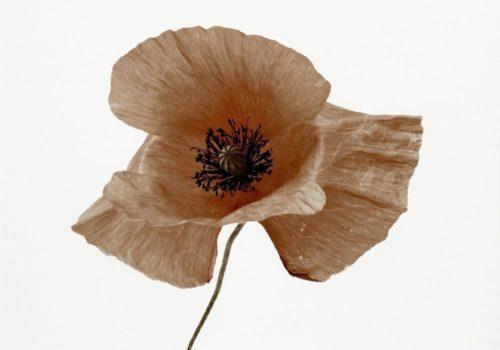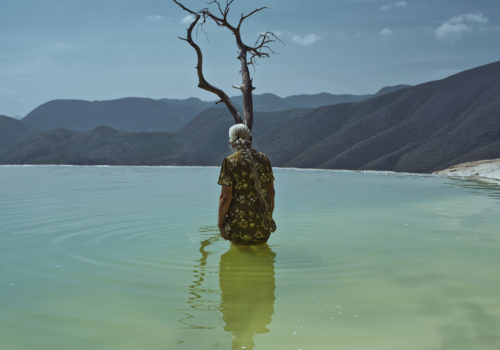Not only is this a story of love between an animal and a man, there is also an ecological message about conservation. With dexterity and sensibility photographer Ko Myo manages to fit an elephant’s massive volume inside a photo frame, which is a technically daunting task and a psychological challenge to come so close to the subject, the story also required the constant, daily presence of the photographer with the mahout and the elephant as they work, rest and play.
Ko Myo’s CV says he was born in 1978, a Buddhist Burmese of ethnic Mon, an IT expert and a “certified ethical hacker”, who has been working as a freelance documentary photographer. He is one of the local photographers who were trained by the photo workshops set up by YPF over the years. His new work “Brothers” won the 4th prize at the 2015 Yangon Photo Festival, but in 2014 he was already voted 4th best essay with a documentary called the “Boat Cemetery”.

